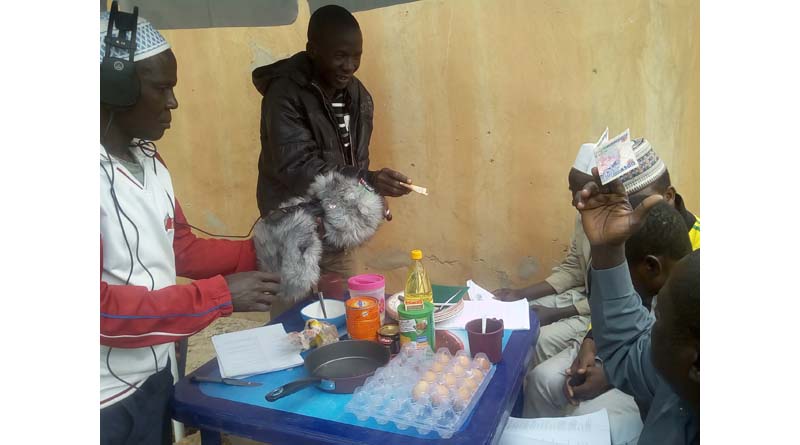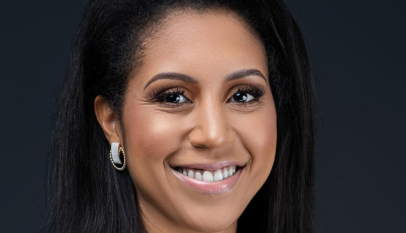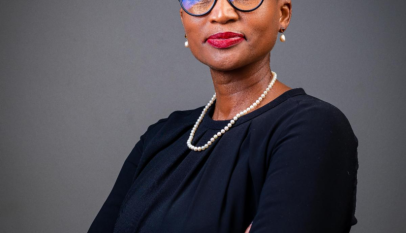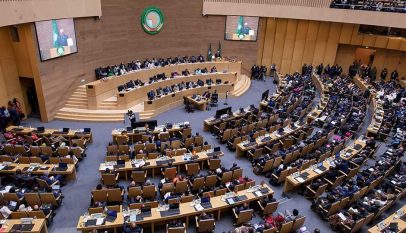Shugabanchi: Harnessing the power of radio drama for anti-corruption campaign in northern Nigeria
Shugabanchi, a 156-episode on-location recorded radio drama series is exploring the art of subliminal messaging to simultaneously entertain the public and in the course of doing so, educate them on the dangers of corruption

Corruption has been described as the greatest bane militating against Nigeria’s development, thus, since the country’s return to constitutional democracy in 1999, there has been a conscious effort to fight the menace beginning with the setting up of the Independent Corrupt Practices Commission (ICPC) and later the Economic and Financial Crimes Commission (EFCC) by the Obasanjo administration, in early 2000s.
Perhaps, President Muhammadu Buhari wouldn’t have become Nigeria’s president in 2015 if not for his much touted disdain for corruption, therefore, there is no doubt his anti-corruption credentials was one of the major attributes that endeared him to the Nigerian masses. Hence, one can say the President galloped his way to Nigeria’s presidency on the premise of his commitment to fight the cancer of corruption.
Undeniably, the practice of corruption is not restricted to the corridors of power and is not an exclusive preserve of top politicians and public servants; instead the menace has over the years permeated our entire fabric as a nation hence the saying corruption is “systemic” in Nigeria and thus the belief that fighting the scourge will require a massive societal reorientation targeting each and every Nigerian, irrespective of socioeconomic status.
In northern Nigeria, where radio listening culture is one of the highest in the world, radio presents a perfect medium for reaching all and sundry, particularly the common man, when it comes to changing people’s perception about corruption and its implications on governance and overall societal development.
Hence the mission of the 156-episode on-location recorded radio drama series titled Shugabanchi [a Hausa word for leadership] is exploring the art of subliminal messaging to simultaneously entertain the populace and in the course of doing so; educate them on the dangers of corruption in the view to mobilizing them to join the ongoing anti-graft campaign in Nigeria.
“Shugabanchi is a character-driven Hausa drama series about a people striving to reap the dividends of democracy by ensuring efficiency in governance,” says Abdulkareem Muhammed, the producer of Shugabanchi. “We want to get people actively engaged in the fight against corruption so they will get more out of the government in a democracy which is meant to be a government of the people, by the people and for the people.”
Muhammed said the idea behind the use of radio and drama was because “radio is the grassroots medium” in northern Nigeria while drama was “a depiction of life”. “Since we have a story that is character-driven it means the people themselves are involved. If you are engaging in a campaign, unless you are able to conscript the people to participate in the process, there will be little or no success.
“We are using a system of subliminal messaging to fight corruption – we are not directly campaigning against corruption. We want to reduce corruption to a level where we can literally see the efficiency in our system so as to improve governance as a whole,” he said.
He added that by getting people at the grassroots to understand corruption and the dangers it poses to efficiency in governance, they would be making the people own and drive the campaign which would consequently guarantee sustainability. “Making the anti-corruption fight a culture of the people will make it succeed.”
Nasiru B Muhammad is the director of Shugabanchi who argues that the idea behind the radio drama was borne out of the realization that different people have varied ways of assimilating messages. “Some will read and assimilate a message; some will have to be told [or listen] to be able to assimilate the message while others will need to see the message depicted in a dramatized form for them to assimilate it.”
On the idea behind recording the drama on location – against doing so in a studio – he said, doing so was meant to “convince people that what they are listening to is real; for example, if you record a market scene in a studio it will not resonate [well] with listeners and so they will not see it as a reality but if you record it in a market place, they could visualize the scenes in their minds, and feel they are watching it in real life.”
Usaini Sule Koki, a veteran Kannywood actor who plays the villain role of Wakili (representative) in Shugabanchi says his character in the radio drama “depicts the face of today’s Nigeria” describing it as that of “an illiterate and uncultured Wakili of the district head of Kafin Mallam [who is bed-ridden at the time] and who engages in exhortation, bribery and corruption.”
As the Wakili of the district head of Kafin Mallam (who is also a younger brother of the bed-ridden district head) Koki’s approval is required before business deals involving the sale of farmlands and plots of land are sealed; his endorsement is also a prerequisite before indigenes of the community get recruited into security agencies like the military and police.
These routine leadership responsibilities always afford the Wakili the opportunity to extort his subjects and their refusal to grease his palms always comes with dire consequences.
Contrary to Koki, in Shugabanchi, Alkassim Yusuf who plays the protagonist role of Magaji (heir apparent to the throne of Kafin Mallam and a son to the bed-ridden district head) is a very educated and just young man who greatly distastes injustice and corruption which constantly pitches him against Wakili, his paternal uncle.
The airing of 156 episodes of Shugabanchi, which is produced by Moving Image with the support of the MacArthur Foundation, in select radio stations across northern Nigeria commenced on February 1, 2018 and is expected to last through 2020.








